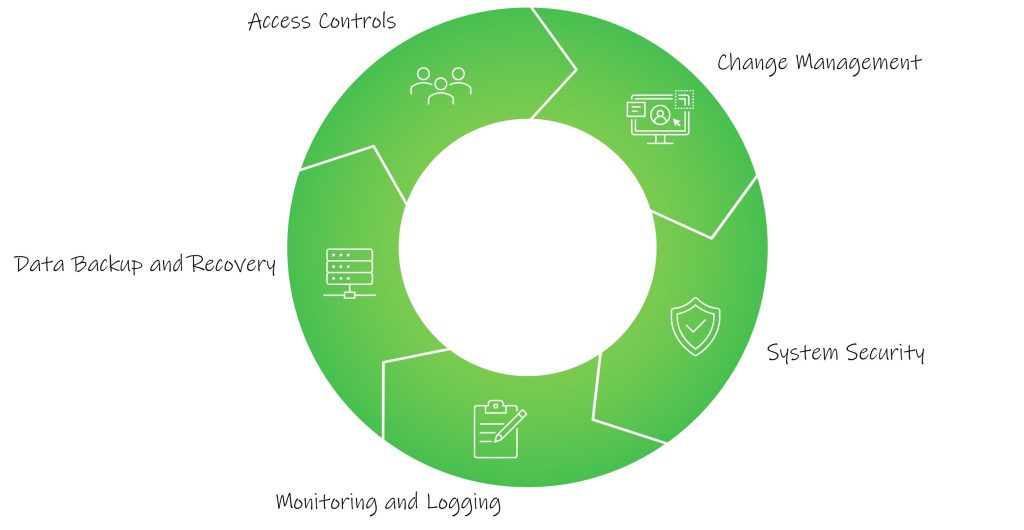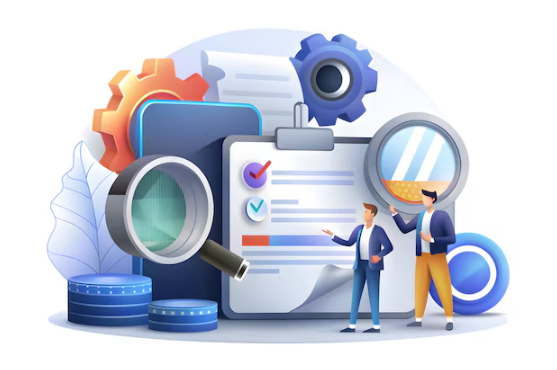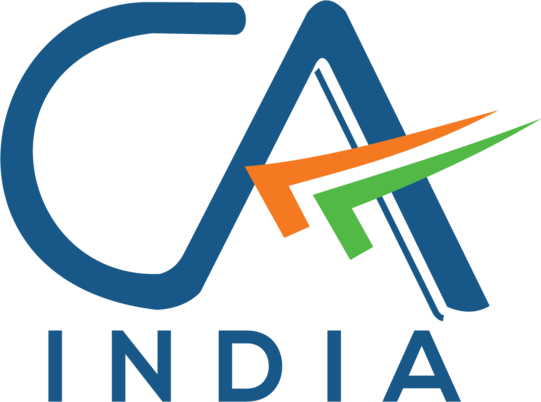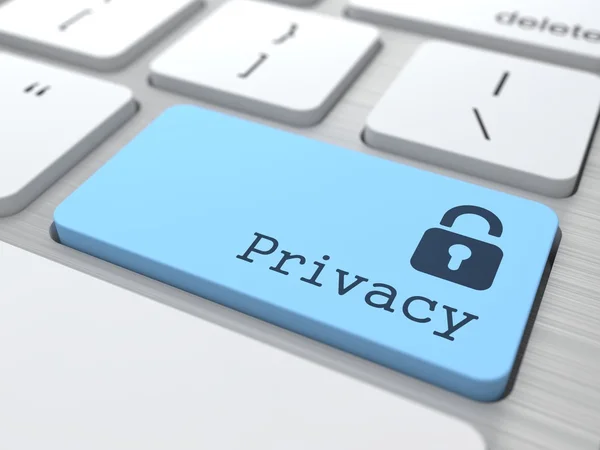In today’s digital landscape, micro, small, and medium enterprises (MSMEs) don’t just use information technology—they thrive on it. But here’s the critical question: as your business scales, how secure are the IT systems driving your success?
Enter IT General Controls (ITGC)—the unsung heroes of your digital infrastructure. These foundational safeguards don’t merely protect your valuable data; they build an ecosystem of reliability that keeps your operations running smoothly while navigating the complex maze of regulatory compliance. For forward-thinking businesses, robust ITGCs aren’t just a technical requirement—they’re your competitive advantage in a world where digital trust matters more than ever.
What are IT General Controls?
IT General Controls encompass the essential policies, procedures, and activities crafted to ensure IT systems function properly throughout an organization. These wide-ranging controls touch every aspect of the technology environment—from applications and databases to networks and operating systems. Far from mere technical requirements, they serve as the foundation that safeguards financial data integrity, protects valuable sensitive information, and ensures business operations continue smoothly even when challenges arise.

Key Areas of IT General Controls
For MSMEs, ITGCs can be categorized into several key areas:

Access Controls:
User Authentication: Ensuring that only authorized personnel can access the IT systems. This includes the use of strong passwords, two-factor authentication, and role-based access controls.
Physical Security: Protecting physical access to IT infrastructure, such as servers and network equipment, through locked doors, security cameras, and restricted access areas.

Change Management:
System Changes: Implementing a formal process for managing changes to IT systems, including software updates, hardware upgrades, and system configurations. This ensures that all changes are tested, documented, and approved before implementation.
Version Control: Keeping track of different versions of software and configurations to prevent unauthorized or untested changes from being deployed.

Data Backup and Recovery:
Regular Backups: Ensuring that all critical data is regularly backed up and stored in a secure location. This protects against data loss due to system failures, cyber-attacks, or natural disasters.
Disaster Recovery Plan: Developing and maintaining a disaster recovery plan that outlines the steps to be taken in the event of a major IT failure. This includes data restoration procedures, communication plans, and roles and responsibilities.

System Security:
Anti-Malware Protection: Installing and regularly updating anti-malware software to protect against viruses, ransomware, and other cyber threats.
Patch Management: Regularly applying security patches and updates to all IT systems to protect against vulnerabilities.

Monitoring and Logging:
Activity Logs: Maintaining detailed logs of all system activity, including user access, system changes, and security events. These logs are essential for detecting and responding to suspicious activities.
Regular Audits: Conducting regular audits of IT systems to ensure that all controls are functioning as intended and that no unauthorized changes have been made.
Why are ITGCs relevant?
For MSMEs, implementing effective IT General Controls is not just about compliance; it’s about building a resilient and trustworthy business. Here’s why ITGCs are essential:
Data Protection: MSMEs often handle sensitive customer data, including financial information, personal details, and business secrets. ITGCs help protect this data from breaches and unauthorized access, thereby maintaining customer trust and avoiding legal penalties.
Business Continuity: System failures, data breaches, or cyber-attacks can bring business operations to a halt. ITGCs, particularly in the areas of data backup and recovery, help ensure that MSMEs can quickly resume operations after a disruption.

Regulatory Compliance: Many industries are subject to regulations that require the protection of certain types of data. ITGCs help MSMEs comply with these regulations, avoiding fines and other penalties.
Operational Efficiency: By automating and securing IT processes, ITGCs help MSMEs operate more efficiently, reducing downtime and allowing employees to focus on core business activities.
For MSMEs, IT General Controls are a critical component of their IT strategy. By implementing robust ITGCs, these businesses can protect their data, ensure system reliability, and position themselves for growth in an increasingly digital world. As MSMEs continue to embrace digital transformation, investing in ITGCs will be essential for maintaining the security and integrity of their operations.






